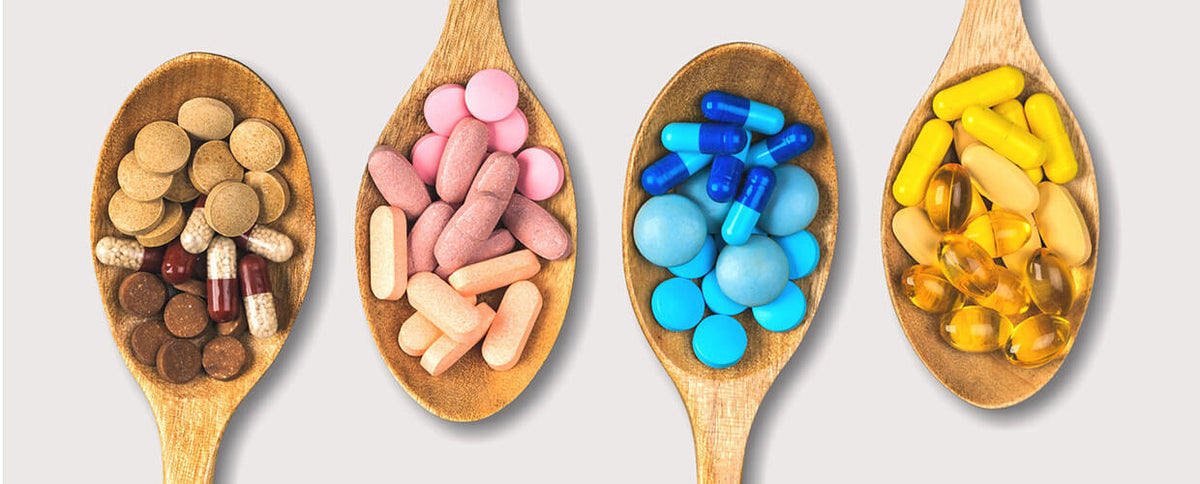Should You Be Taking Pre-Workout Supplements?

If you’re prone to just peeling a banana before a workout, you might be wondering if there’s something more you could be doing to help boost your strength and endurance. That’s where pre workout supplements may come in handy. But not all supplements are created equal. Here’s how to find an effective, safe pre workout supplement—and figure out whether they’re really right for you.
What Are Pre Workout Supplements?
“Pre workout supplements are products that claim to boost your energy, improve focus, and reduce muscle fatigue during a workout,” says Torey Armul, MS, RD, LD, a spokesperson for the Academy of Nutrition and Dietetics based in Columbus, OH. “Most of them contain creatine, amino acids, caffeine, and other stimulants.” Some pre workout supplements even contain vasodilators which can help increase blood flow, says Mikka Knapp, RDN, LDN, CLT, founder of Bright Body Nutrition in Sarasota, FL.
But while the label may entice you to buy, it’s important to remember that these supplements are not regulated by the U.S. Food and Drug Administration (FDA), making it difficult to know whether or not the claims they make are even accurate.
What to Look for in a Pre Workout Supplement
If you want to have a stash of pre workout supplements handy, Knapp says there are a few key ingredients to look for—ones that have been well researched in regard to the benefits. They include caffeine (at least 90mg per serving) to help with energy and focus, creatine (2-5g per serving) or calcium hydroxymethyl butyrate (also called HMB, 1-3g per serving) to help with muscle strength, and beta alanine (800 mg-5 g per serving), and citrulline malate (6-8g per serving) or betaine (1.25-2.5g per serving) to boost endurance and stamina.
To double check that the supplements you want to buy are the real deal, you can also verify the brand on the NSF International Certified for Sport online directory, which works to ensure that what’s on the label is actually in the supplements in the proper quantities. “Always read the label to avoid cheap fillers, chemicals, and artificial ingredients,” says Knapp. “And beware of anything labeled ‘proprietary blend’, as the brand isn’t required to list the dosage of each ingredient.”
Most importantly, talk to your doctor before starting any new supplement routine, as certain ingredients can increase your risk of certain diseases and may cause an irregular heartbeat depending on your health history.
Focus on Your Diet First, Then Supplement Later
“The only time I would recommend pre workout supplements is if you haven't eaten for hours, are planning a strenuous workout, and have no other access to real food,” says Armul. “You’re better off eating a healthy carbohydrate-rich snack one to two hours before a workout.” Knapp agrees, adding that a pre workout supplement isn’t a shortcut for a healthy, balanced diet. “A coffee and banana before a workout can offer the same amount of caffeine, carbs, and electrolytes for a fraction of the cost,” she says. “And foods containing natural nitrates, such as beets, spinach, and watermelon, increase blood circulation to muscles while also providing an array of other nutrients.”



